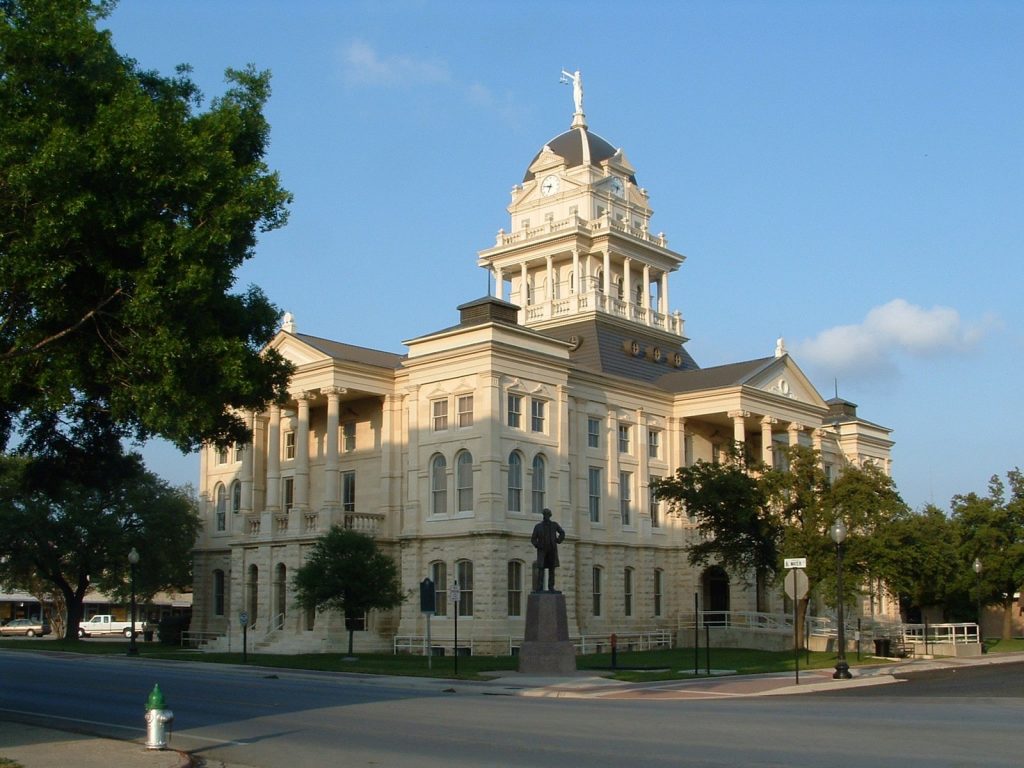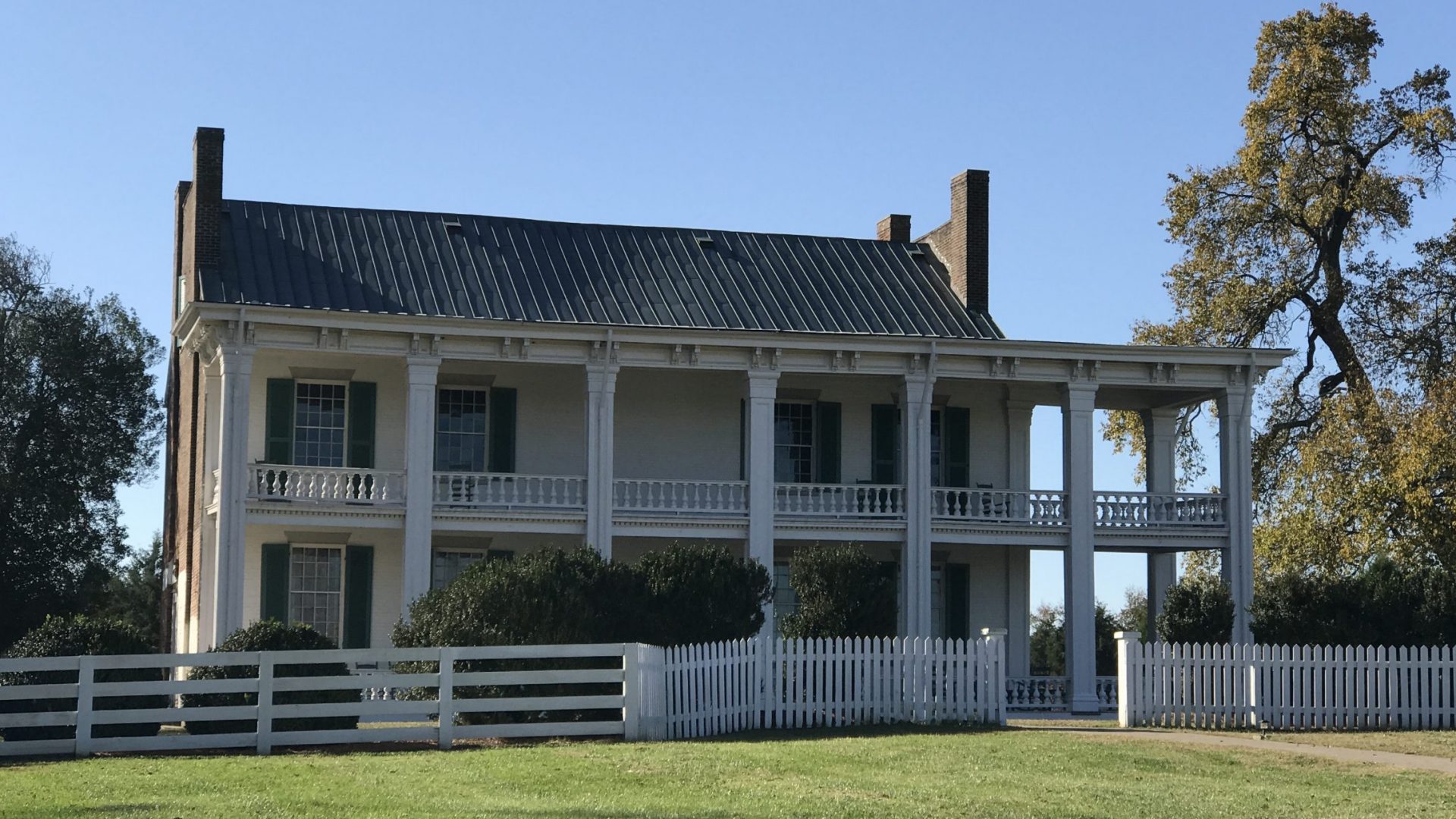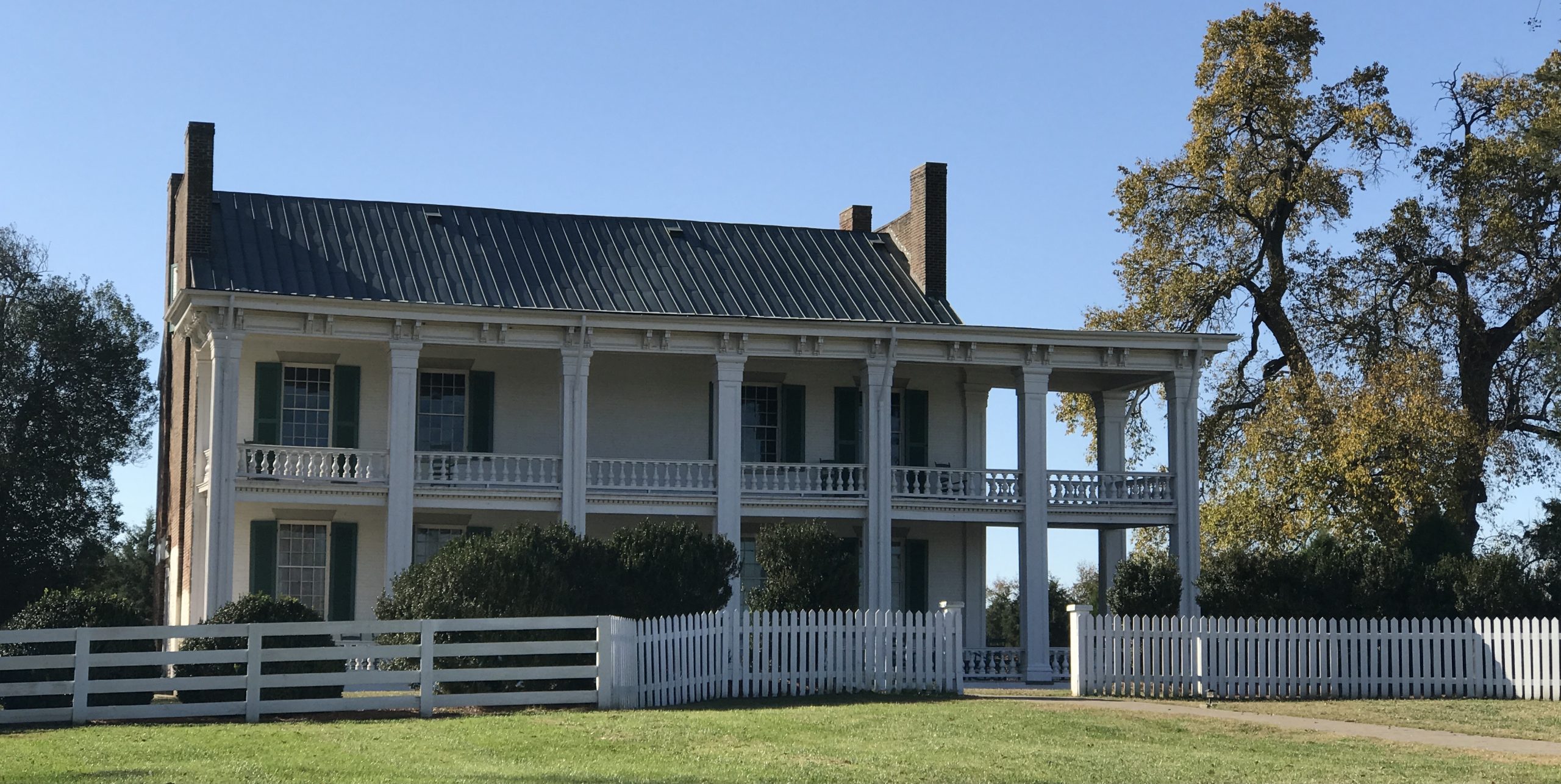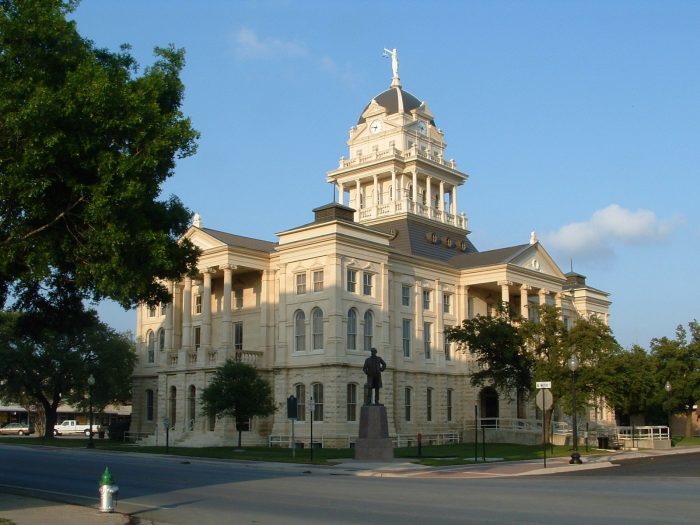Last time we discussed a couple of record sets that might be available at the Courthouse pertaining to your Civil War ancestor. Here are a couple more suggestions to help in your research. Just keep in mind that the courthouse records you seek normally depend on the location your Civil War ancestor was living at the time the record was generated. With these two tips it would be the courthouse* in the county of his death.
Graves Registration File – In some areas the County Recorder’s office in the courthouse has an index card file known as the Grave Registrations File. The cards, in alphabetical order are a record of veterans who are buried in the county. Information on the cards include the name of the veteran, sometimes birth date and place, most times death date and place, the veteran’s burial date and place (which included cemetery, section & lot number), enlistment date, branch of service, unit, and rank, sometimes next of kin because that’s who provided the information and their relationship to the deceased. On occasion the address of the deceased at the time of their death was also listed.
Not only does the file contain the burial location for Civil War veterans for that county but all veterans from the county who served, from the American Revolution through present day. These particular records were kept in Ohio counties but check to see if there is a Graves Registration file in the county where your veteran was buried.

Photo Credit: Walter Rock http://www.freeimages.com/photo/bell-county-texas-courthouse-1549054
Indigent Union Soldiers, Sailor and Marines Interment – By this point you probably have so much information on your Civil War ancestor, including his death and burial, that you can skip over this suggestion. Burying indigent veterans varied from county to county. Some areas charged residents a tax with proceeds going to veterans burial. Some Grand Army of the Republic (GAR) posts established accounts for the purpose of burying needy veterans. If you have hit a brick wall checking these records may help. Contact the county courthouse where you assume your veteran may have passed.
*During these COVID times remember to always call a courthouse first before making the trip. Not only do you want to make sure the location is open to the public, you’ll also want to know their hours and available parking and if the records you seek are stored there. Most of the documents we’ve talked about were generated around 150+ years ago. Due to space limitations they may be housed off site at an entirely different facility. The public may not have access to these records any longer and as a researcher you may need to put in a search request with the results mailed or emailed to you. Also the records may not belong to the county anymore having been donated to a local library, university collection or state archives. Your research may then take you to a different repository other than a county courthouse. So always call the courthouse first before making the trip to avoid wasted time and disappointment.
Hopefully these suggestions will help you find that “little extra” about your Civil War ancestor. Tell his story, share his life, he deserves to be remembered! Good luck in your research!


